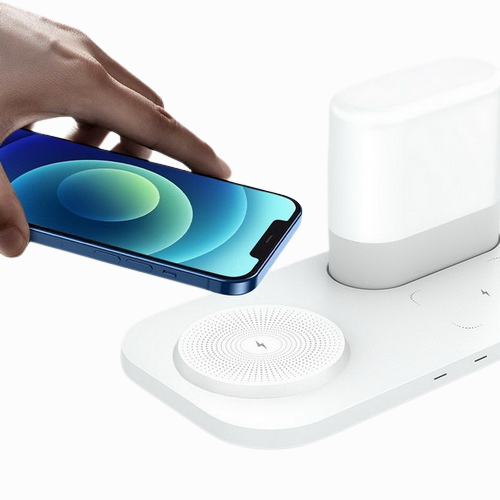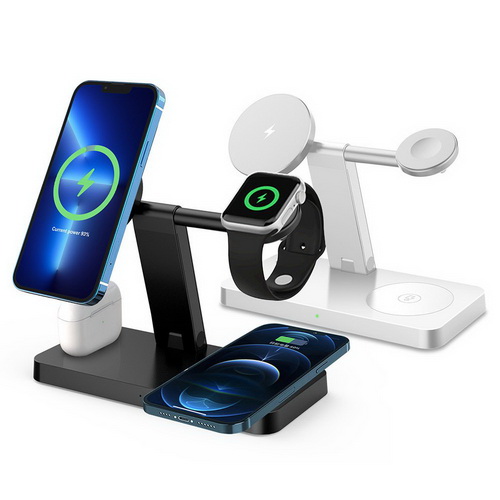Wireless Charger Factory Direct: OEM Wireless Charger Manufacturer
In today’s fast-paced world, wireless charging technology has become an essential part of our daily lives. From smartphones to wearable devices, the demand for wireless chargers is skyrocketing. As a result, businesses are increasingly looking for reliable wireless charger factory direct suppliers and OEM wireless charger manufacturers to meet this growing demand. This comprehensive guide will explore everything you need to know about wireless charger manufacturing, the benefits of working with a factory direct supplier, and how to choose the right OEM partner for your business.
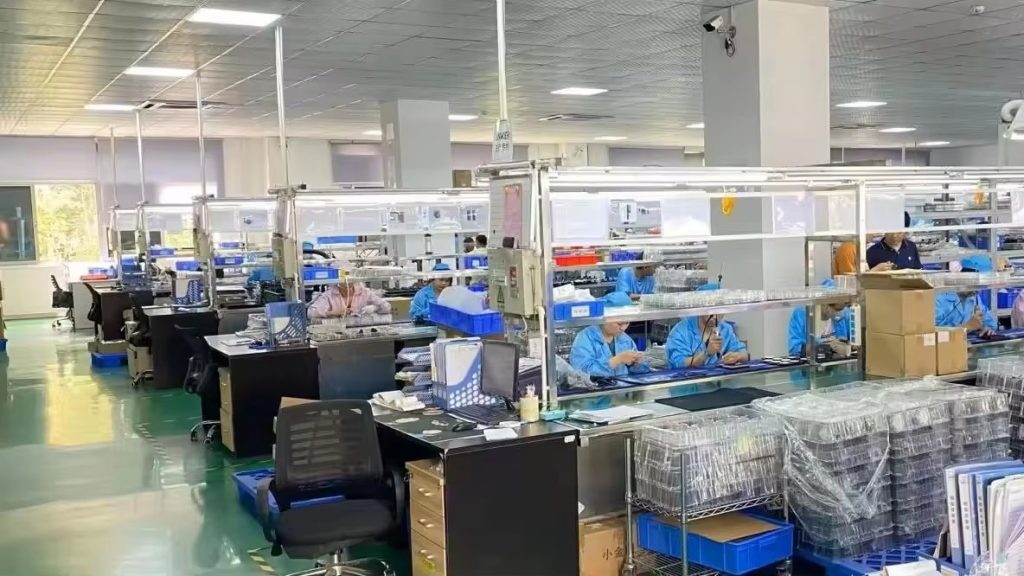
Table of Contents
- Introduction to Wireless Charging Technology
- Why Choose a Wireless Charger Factory Direct Supplier?
- Benefits of OEM Wireless Charger Manufacturing
- Key Considerations When Selecting an OEM Wireless Charger Manufacturer
- The Wireless Charger Manufacturing Process
- Quality Control in Wireless Charger Production
- Customization Options for OEM Wireless Chargers
- Sustainability in Wireless Charger Manufacturing
- Market Trends in Wireless Charging Technology
- How to Partner with a Reliable OEM Wireless Charger Manufacturer
- Conclusion
1. Introduction to Wireless Charging Technology
Wireless charging, also known as inductive charging, is a technology that allows devices to charge without the need for physical cables. This technology relies on electromagnetic fields to transfer energy between two objects: a charging pad (transmitter) and a device (receiver). The most common standard for wireless charging is the Qi standard, which is supported by a wide range of devices, including smartphones, smartwatches, and even some laptops.
How Does Wireless Charging Work?
Wireless charging works on the principle of electromagnetic induction. When an electric current passes through a coil in the charging pad, it creates a magnetic field. This magnetic field induces a current in a coil located in the device being charged, thereby transferring energy wirelessly.
Advantages of Wireless Charging
- Convenience: No need to fumble with cables; simply place your device on the charging pad.
- Reduced Wear and Tear: Eliminates the wear and tear associated with frequent plugging and unplugging of cables.
- Safety: Reduces the risk of electric shock and short circuits.
- Aesthetics: Cleaner and more organized spaces without tangled cables.
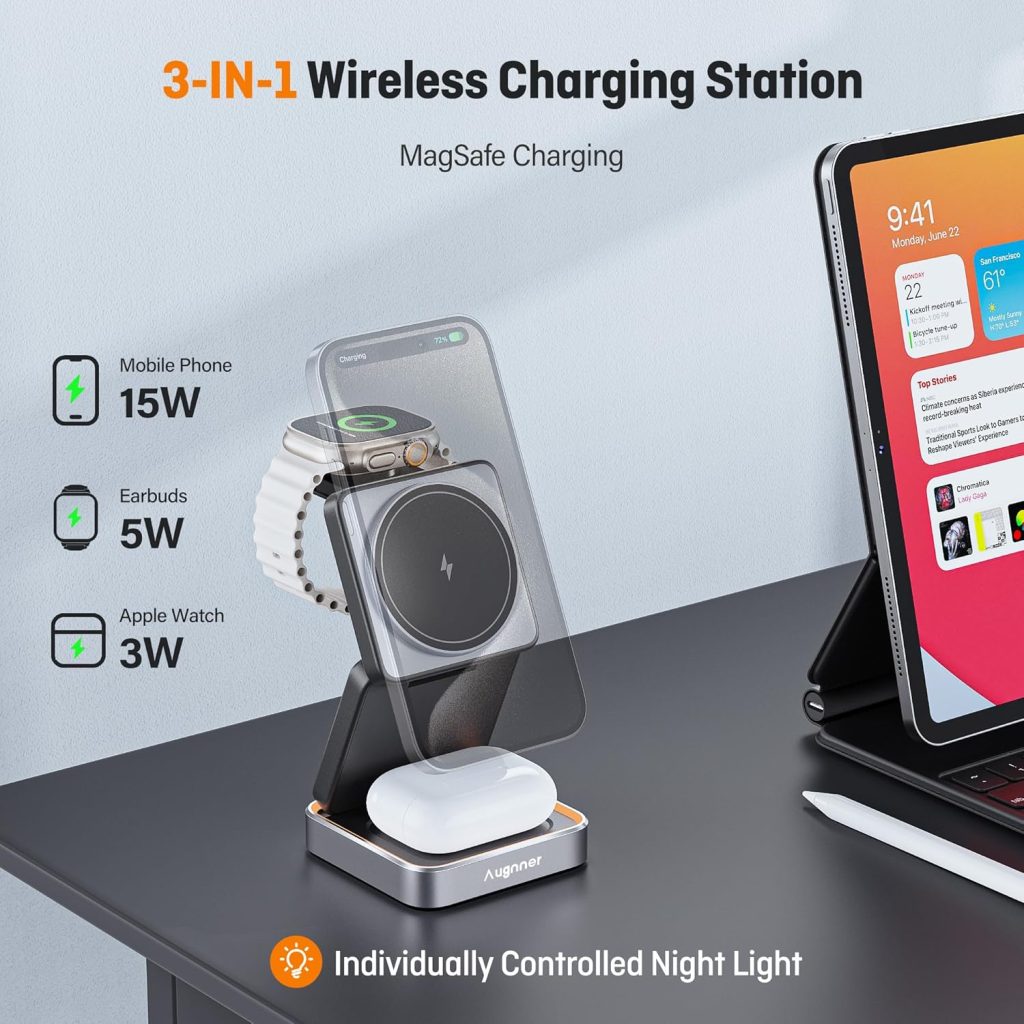
2. Why Choose a Wireless Charger Factory Direct Supplier?
When it comes to sourcing wireless chargers, working with a wireless charger factory direct supplier offers several advantages:
Cost-Effectiveness
By eliminating middlemen, you can significantly reduce costs. Factory direct suppliers often offer competitive pricing, allowing you to maximize your profit margins.
Quality Control
Working directly with the factory gives you greater control over the quality of the products. You can specify your requirements and ensure that the final product meets your standards.
Faster Turnaround Times
Direct communication with the factory can lead to faster production and delivery times. This is particularly important if you have tight deadlines or need to respond quickly to market demands.
Customization Options
Factory direct suppliers are often more flexible when it comes to customization. Whether you need a specific design, branding, or unique features, a direct supplier can accommodate your needs.
Better Communication
Direct communication with the factory can help avoid misunderstandings and ensure that your requirements are clearly understood and implemented.

3. Benefits of OEM Wireless Charger Manufacturing
OEM (Original Equipment Manufacturer) wireless charger manufacturing offers several benefits for businesses looking to create their own branded products:
Branding Opportunities
OEM manufacturing allows you to create custom-branded wireless chargers that reflect your brand identity. This can help you stand out in a competitive market.
Product Differentiation
With OEM manufacturing, you can offer unique features, designs, and specifications that set your products apart from the competition.
Scalability
OEM manufacturers can scale production to meet your needs, whether you’re a small startup or a large enterprise.
Cost Savings
OEM manufacturing can be more cost-effective than developing your own production facilities. You can leverage the expertise and infrastructure of the OEM partner to produce high-quality products at a lower cost.
Access to Expertise
OEM manufacturers have extensive experience and expertise in wireless charger production. They can provide valuable insights and recommendations to help you create the best possible product.
4. Key Considerations When Selecting an OEM Wireless Charger Manufacturer
Choosing the right OEM wireless charger manufacturer is crucial to the success of your product. Here are some key factors to consider:
Experience and Expertise
Look for a manufacturer with a proven track record in wireless charger production. They should have experience working with the latest technologies and standards.
Garantia de qualidade
Ensure that the manufacturer has robust quality control processes in place. This includes testing for safety, performance, and durability.
Customization Capabilities
Choose a manufacturer that offers a wide range of customization options, including design, branding, and technical specifications.
Production Capacity
Make sure the manufacturer has the capacity to meet your production needs, whether you need small batches or large-scale production.
Certifications and Compliance
Verify that the manufacturer complies with relevant industry standards and certifications, such as Qi certification, CE, FCC, and RoHS.
Communication and Support
Effective communication is essential for a successful partnership. Choose a manufacturer that is responsive and provides excellent customer support.
Pricing and MOQ (Minimum Order Quantity)
Consider the manufacturer’s pricing structure and MOQ. Ensure that their terms align with your budget and production requirements.
5. The Wireless Charger Manufacturing Process
The wireless charger manufacturing process involves several key steps:
Design and Development
The first step is to design the wireless charger based on your specifications. This includes creating 3D models, selecting materials, and determining the technical specifications.
Prototyping
Once the design is finalized, a prototype is created for testing and validation. This allows you to identify any issues and make necessary adjustments before mass production.
Sourcing Components
The manufacturer sources the necessary components, such as coils, PCBs (Printed Circuit Boards), and casings, from reliable suppliers.
Assembly
The components are assembled to create the final product. This includes soldering, wiring, and assembling the casing.
Testing and Quality Control
The finished products undergo rigorous testing to ensure they meet quality and safety standards. This includes testing for performance, durability, and compliance with industry standards.
Packaging and Shipping
Once the products pass quality control, they are packaged and prepared for shipping. The manufacturer may also handle logistics and customs clearance.
6. Quality Control in Wireless Charger Production
Quality control is a critical aspect of wireless charger production. Here are some key quality control measures:
Incoming Material Inspection
All incoming materials and components are inspected to ensure they meet the required specifications.
In-Process Inspection
During the production process, regular inspections are conducted to identify and address any issues early on.
Final Product Testing
Finished products undergo comprehensive testing, including:
- Performance Testing: Ensuring the charger works as intended.
- Safety Testing: Verifying that the charger meets safety standards.
- Durability Testing: Testing the charger’s resistance to wear and tear.
- Compliance Testing: Ensuring the charger complies with relevant industry standards.
Continuous Improvement
Manufacturers should continuously monitor and improve their quality control processes to ensure consistent product quality.
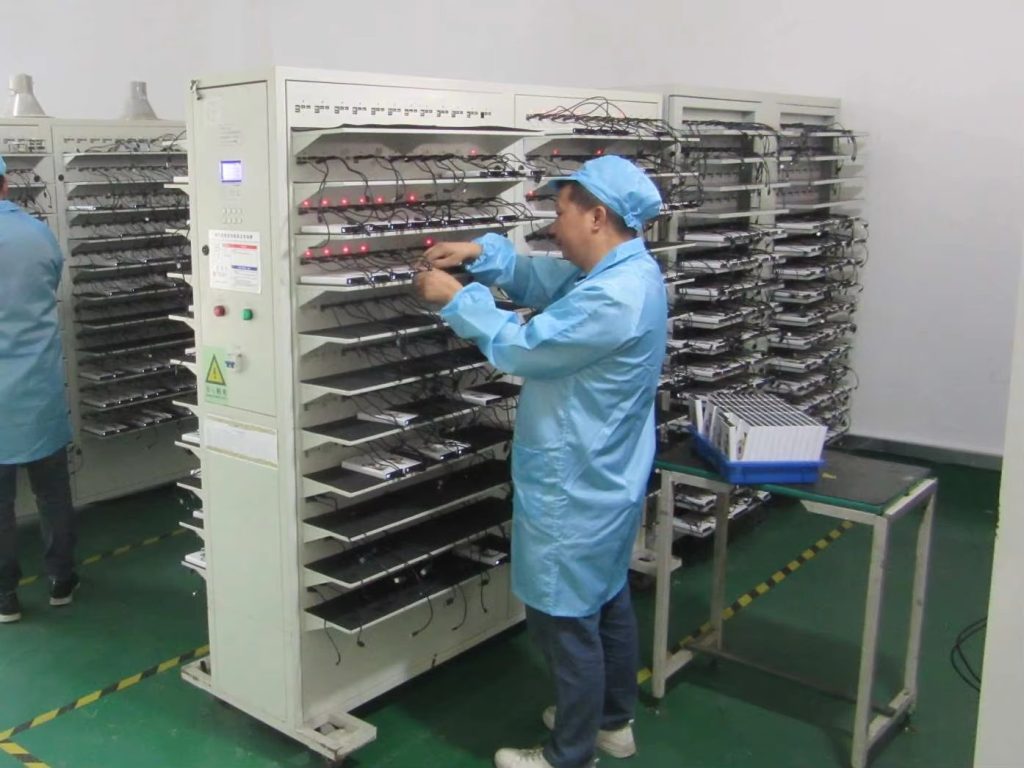
7. Customization Options for OEM Wireless Chargers
Customization is a key advantage of OEM wireless charger manufacturing. Here are some common customization options:
Design and Branding
You can customize the design, color, and branding of the wireless charger to reflect your brand identity.
Technical Specifications
Customize the technical specifications, such as charging speed, compatibility, and power output, to meet your specific needs.
Materials and Finishes
Choose from a variety of materials and finishes, such as plastic, metal, or wood, to create a unique product.
Packaging
Customize the packaging to enhance the unboxing experience and reinforce your brand image.
Additional Features
Add additional features, such as LED indicators, multiple device charging, or built-in cooling fans, to differentiate your product.
8. Sustainability in Wireless Charger Manufacturing
Sustainability is becoming increasingly important in the manufacturing industry. Here are some ways to incorporate sustainability into wireless charger production:
Eco-Friendly Materials
Use eco-friendly materials, such as biodegradable plastics or recycled metals, to reduce environmental impact.
Energy-Efficient Production
Implement energy-efficient manufacturing processes to reduce energy consumption and carbon emissions.
Waste Reduction
Minimize waste by optimizing production processes and recycling materials whenever possible.
Sustainable Packaging
Use sustainable packaging materials, such as recycled cardboard or biodegradable plastics, to reduce waste.
Compliance with Environmental Standards
Ensure that your manufacturing processes comply with environmental regulations and standards, such as RoHS and REACH.
9. Market Trends in Wireless Charging Technology
The wireless charging market is evolving rapidly. Here are some key trends to watch:
Increased Adoption of Wireless Charging
Wireless charging is becoming more widely adopted across various industries, including automotive, healthcare, and consumer electronics.
Faster Charging Speeds
Advancements in technology are leading to faster wireless charging speeds, making it more competitive with traditional wired charging.
Multi-Device Charging
Wireless chargers that can charge multiple devices simultaneously are gaining popularity, especially in households and offices.
Integration with IoT
Wireless charging is being integrated with IoT (Internet of Things) devices, enabling smart charging solutions and remote monitoring.
Expansion of Qi Standard
The Qi standard is expanding to support a wider range of devices, including laptops and other high-power devices.
Development of Long-Range Wireless Charging
Research is underway to develop long-range wireless charging technology, which could revolutionize the way we charge our devices.
10. How to Partner with a Reliable OEM Wireless Charger Manufacturer
Partnering with a reliable OEM wireless charger manufacturer is crucial to the success of your product. Here are some steps to help you find the right partner:
Research and Shortlist
Start by researching potential manufacturers and shortlisting those that meet your criteria.
Request Samples
Request samples to evaluate the quality of their products and assess their customization capabilities.
Visit the Factory
If possible, visit the factory to see their production processes and quality control measures firsthand.
Check References
Ask for references from previous clients to gauge the manufacturer’s reliability and reputation.
Negotiate Terms
Negotiate terms, including pricing, MOQ, lead times, and payment terms, to ensure they align with your business needs.
Sign a Contract
Once you’ve selected a manufacturer, sign a contract that outlines the terms and conditions of the partnership.
Maintain Communication
Maintain regular communication with the manufacturer to ensure a smooth production process and address any issues promptly.
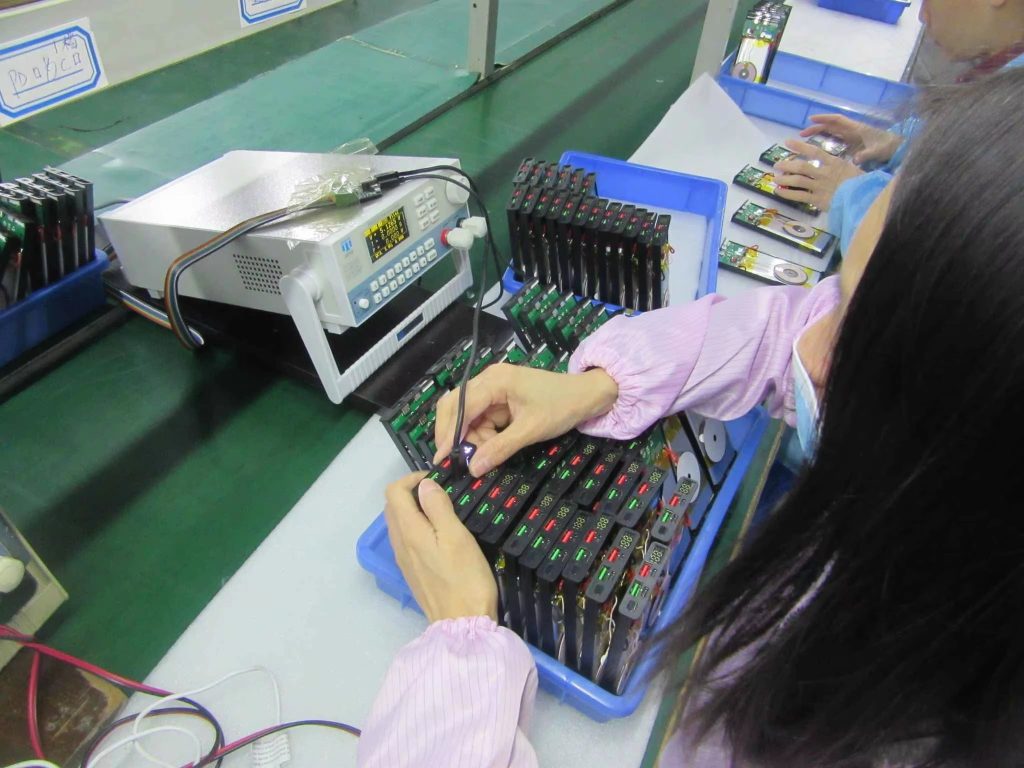
11. Conclusion
Wireless charging technology is transforming the way we power our devices, and the demand for wireless chargers is only expected to grow. By partnering with a wireless charger factory direct supplier or an OEM wireless charger manufacturer, you can take advantage of this growing market and create high-quality, custom-branded products that meet the needs of your customers.
When selecting a manufacturer, it’s important to consider factors such as experience, quality control, customization capabilities, and sustainability. By doing so, you can ensure a successful partnership and create products that stand out in a competitive market.
Whether you’re a startup or an established business, working with a reliable OEM manufacturer can help you bring your wireless charger ideas to life and achieve your business goals. So, take the time to research and choose the right partner, and you’ll be well on your way to success in the wireless charging industry.
By following this comprehensive guide, you’ll be equipped with the knowledge and insights needed to navigate the world of wireless charger manufacturing and make informed decisions that drive your business forward. Whether you’re looking to create a custom-branded product or simply source high-quality wireless chargers, partnering with a wireless charger factory direct supplier or an OEM wireless charger manufacturer is the key to success.

